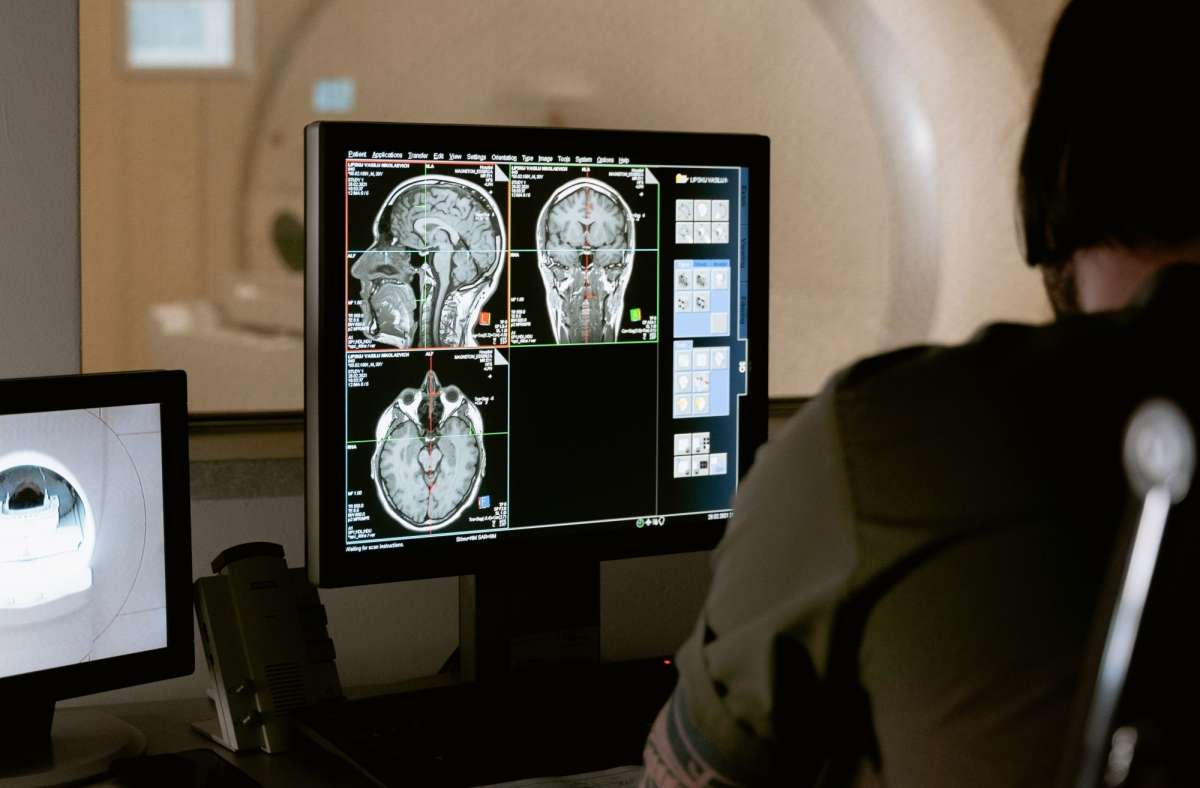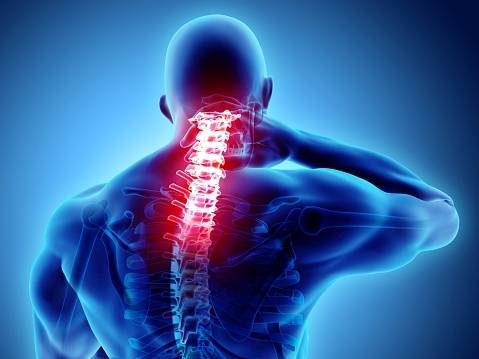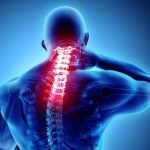Mood disorders such as depression, anxiety disorder, and verbal or physical outbursts due to an inability to regulate their emotions in children with ADHD were previously thought to be a result of problems with cognition and motivation…reports Asian Lite News
A smaller brain region responsible for control over behaviour, processing of emotion, and communication may explain why about one in two children with attention deficit hyperactivity disorder (ADHD) is likely to experience depression, anxiety, and explosive outbursts, according to a study on Wednesday.
ADHD affects around one in 14 young people under the age of 18 and in around half of these cases it persists into adulthood.
Mood disorders such as depression, anxiety disorder, and verbal or physical outbursts due to an inability to regulate their emotions in children with ADHD were previously thought to be a result of problems with cognition and motivation.
But in the study, scientists from Fudan University in Shanghai, China, and the University of Cambridge showed that emotional dysregulation occurs independently of these, and is because of a brain region called pars orbitalis.
“The pars orbitalis is a well-connected part of the brain, and if it hasn’t developed properly it might make it difficult for individuals to control their emotions and communicate with others appropriately, especially in social situations,” said Barbara Sahakian from the Department of Psychiatry at the University of Cambridge.
For the study, published in the journal Nature Mental Health, the team identified 350 individuals with high symptoms of ADHD and found that more than half (51.4 per cent) had signs of emotion dysregulation and this was independent of cognitive and motivational problems.
Children with only low-ADHD symptoms but with a high score of emotion dysregulation at age 13 years were 2.85 times more likely to have developed high-ADHD symptoms by age 14 years.
Using brain imaging data, they found that pars orbitalis was smaller among children who scored highly for ADHD and emotional problems.
The research also revealed that the commonly-prescribed drug to help the condition Ritalin appears to be less effective at treating this symptom.
Adding emotional dysregulation as a key part of ADHD will help people better understand the problems the child is experiencing, Sahakian said.
He said this may help advance effective treatments for the regulation of emotion, such as cognitive behavioural therapy.
ALSO READ-Understanding Stomach Cancer and its Warning Signs














